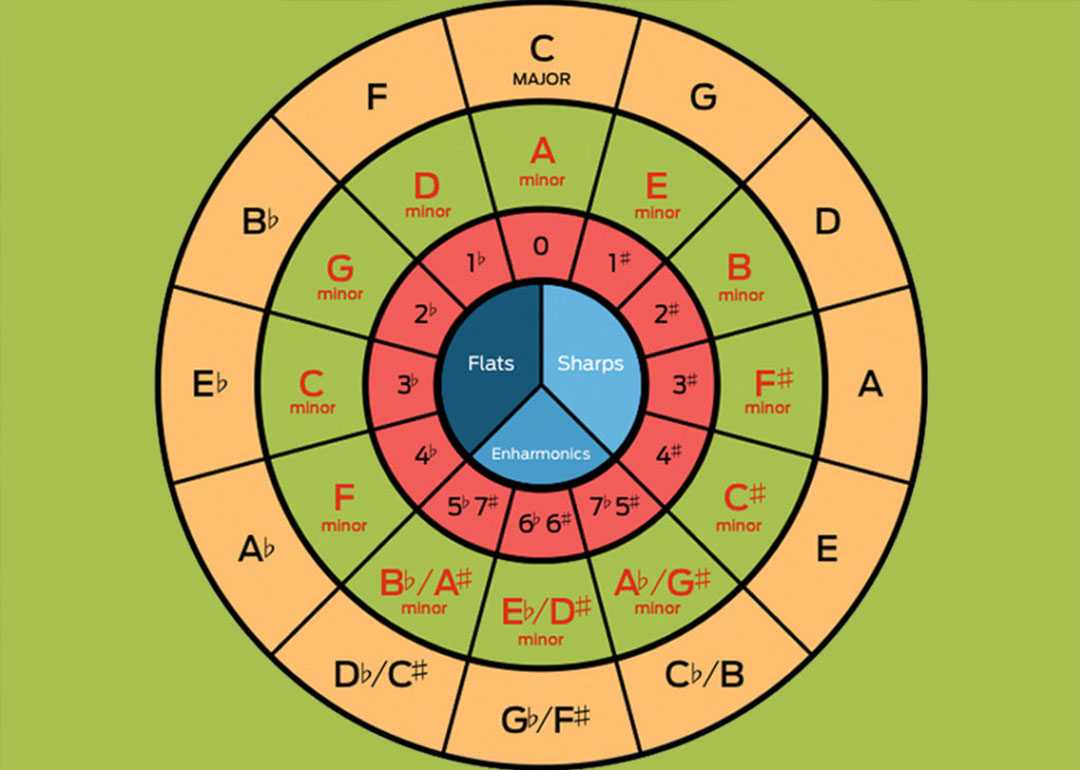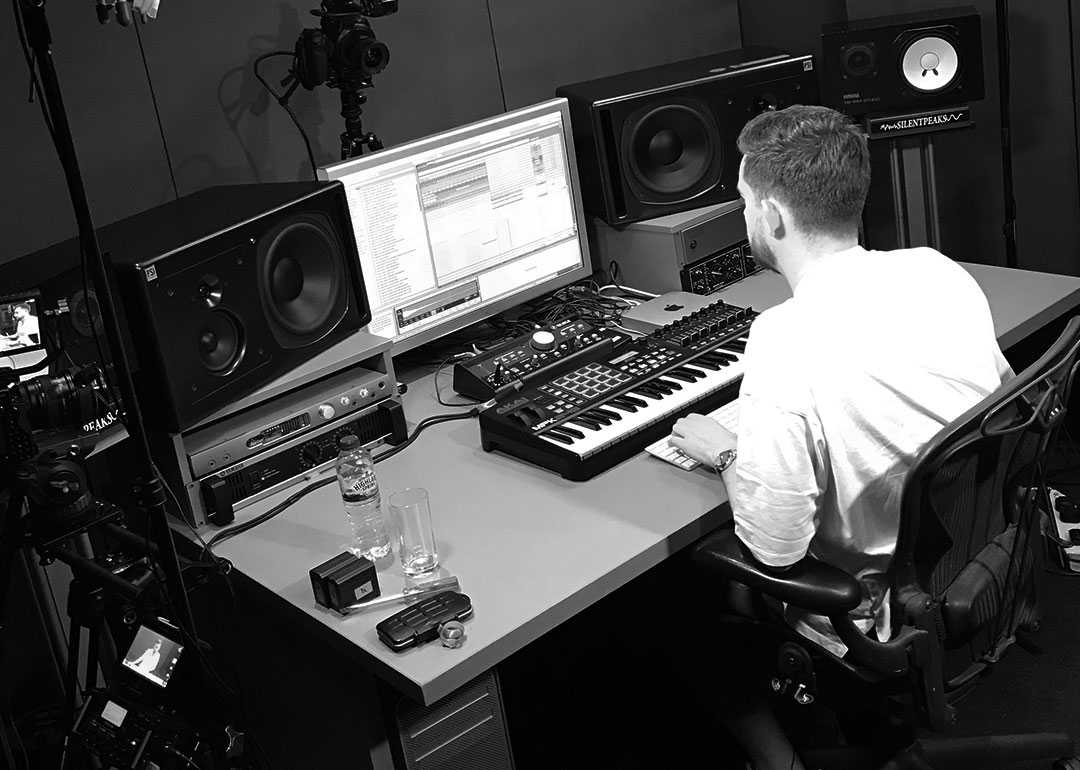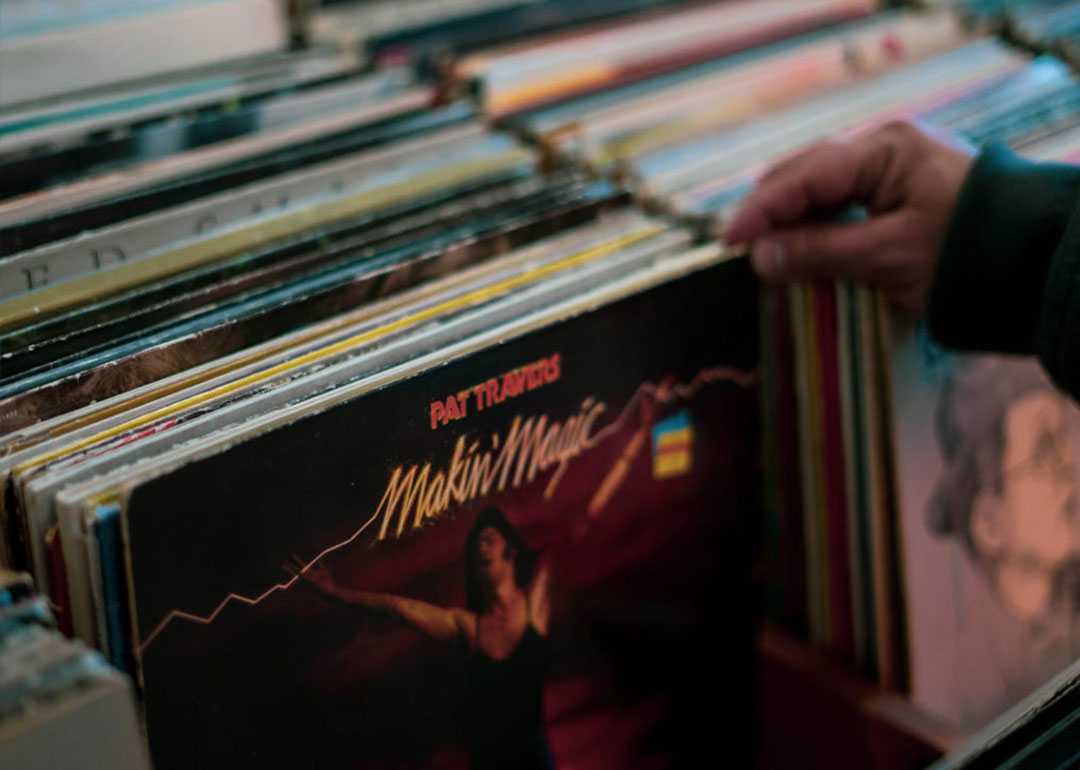has been added to your cart.

5 Songwriting Tips For New Producers
Today, we're doing a deep dive into this fine art, and bringing you our top 5 songwriting tips for new producers.
Learning how to write a song is important when learning how to become a creative, skillful music producer. No matter what genre you work in, there’s a certain mystique in creating an effective, hook, melody and chorus that has been captivating humans for thousands of years.
Today, we’re doing a deep dive into this fine art, and bringing you our top 5 songwriting tips for new producers.
Let’s get started!

Write With Your Feelings
When you’re in the studio, we give you permission to let it all out. That’s right. Go crazy.
Spill out your baggage everywhere. Cry if you have to. Just make sure you have some tissues on hand. In all seriousness, it pays to channel your life experiences into your creative pursuits. Whatever it is you’re feeling (or have felt) inside, we want you to bleed it out into your music.
Some of the world’s most prolific artists have had lives that have been challenging, to say the least. Others are just exceptionally moody individuals who tend to “feel” emotions a bit more strongly than the average person, thereby causing them to seek some type of outlet.
This outlet can be found in athletics, drugs, video games, you name it. But, making music has consistently been one of the strongest ways for humans to express pent up feelings. Art, in many ways, is the purest form of catharsis imaginable.
Embrace Catharsis: One Of The Most Unexpected Songwriting Tips
What is catharsis, you ask?
Catharsis [kuh-thahr-sis]: the process of releasing, and thereby providing relief from, strong or repressed emotions.
So, next time you’re struggling to write a song, we challenge you to go deep inside yourself. Think of things that touch you at your very core. Whether it be loves that have been lost, nostalgia for the past, hope for the future, feelings of missing a special person or even just simple anger…we want you to let it all out.
Your music will benefit from this. We promise you that.
Start Off With A Sampled Melody
Now, this is probably not what you were expecting to hear in an article offering you up songwriting tips. But, hear us out…
There is nothing wrong with sampling. Nothing at all. When discussing songwriting tips for House music, this may be the most important thing to learn. That’s right. Some of the biggest hits ever have been built entirely around sampled melodies. We guarantee you that countless records you know and love all feature sampled parts that you’re unaware of.
Granted, it’s important to be selective in what you sample. But, if you’re having a nasty bout of writer’s block in the studio, there’s no better way to break free than to start off with a preexisting melody or chord progression.
“But isn’t that cheating?”
Maybe, but so what?
Chances are, by the time you’ve actually got an idea up and running, you’ll be able to swap out your sampled part for something more original… if you really need to.
Or, you could simply keep it in your record. Depending on the strength of your production, you may be able to pull off featuring a well-known sample front and center in one of your tracks.

Learn Music Theory
We know, we know. You’ve heard this a million times. Look, some of us are prolific musicians, and some aren’t.
Many producers will enter the game with years of classical training under their belt. Others simply had parents who saw it necessary to make them take piano lessons as a child. Most, however, know little to nothing about music theory.
And, for the most part, that’s actually okay.
Let me let you in on a little secret: a great many producers today can’t find middle C on a keyboard. As it turns out, sound choice and sample selection are more important tools than being able to riff off Beethoven’s Moonlight Sonata.
But, we’d be lying if we said basic theory skills don’t help. Depending on the type of music you plan to make, even just a cursory understanding of topics such as the circle of fifths will undoubtedly make you a more effective producer.
But, if you want to make bassy, Tech House bangers, extensive lessons in theory will only help you so much. On the other hand, if you want to make Progressive melodies for the mainstage, a background in theory may benefit you.
Set A Time Limit: One Of The Most Important Songwriting Tips We Have To Offer!
We humans are masters of wasting time. We are really, really good at it. We’re so good at it that there’s even a name for just how skillful we are with wasting our most precious resource.
It’s known as Parkinson’s Law.
Parkinson’s Law states that, “work expands so as to fill the time available for its completion.” In other words, if you give yourself 2 hours to clean your bedroom, chances are, the job will take an entire two hours. Then again, should making your bed, doing some laundry, dusting and sweeping really take 2 whole hours?
Probably not. But, what if you gave yourself 20 minutes?
You may not do quite as thorough a job, but you’d be a whole lot more efficient than if you allotted two hours for the task. See how this works? In fact, the same thing can be observed in your studio, no matter the style of music you’re writing.
Kanye West is a great example of a producer who understands that time limits are key for making your best work. In fact, a track that is arguably one of his biggest hits ever, “All Falls Down,” was written in less than 15 minutes.
That’s right. 15 minutes.

What Songwriting Tips Can You Learn From Kanye West
After “All Falls Down” hit #7 on the USA Singles Chart, Kanye was quoted as saying the following…
“It wasn’t until I hung out with Dead Prez and understood how to make, you know, raps with a message sound cool that I was able to just write ‘All Falls Down’ in 15 minutes.”
There you have it. Not only did West write with his feelings, a la “raps with a message sound cool,” but he also set a strict timeframe for himself with getting the damn thing done. And you should too.
Side-note: Kanye was also smart enough to start off with an unbelievably well chosen sample, Lauryn Hill’s “Mystery of Iniquity.” This is the power of sampling! While Kanye was a fan of working in 15-minute increments, we’re big fans of the Pomodoro Technique.
Pay careful attention to this next section, as most other people offering you songwriting tips won’t talk much about effective time management. The Pomodoro Technique involves shutting out all other distractions (email, social media, cellphone) and working for 25 minutes straight with no interruptions whatsoever. The following 5 minutes are spent doing whatever you may please.
But, when those five minutes are up, it’s time for another 25 minutes of focused work. And so forth. If a new producer is struggling to get an idea on paper, we’ll often instruct them to limit themselves to two, 25-minute sessions in their session.
Pro-tip: This convenient timer tool makes using the Pomodoro Technique easy. Try it out!
And that’s it. No more for the day! Immediately, they begin to feel a newly found sense of urgency that didn’t exist before.
Remember, pressure creates diamonds! That being said, there are a few creative tools that you can easily pick up that will boost your songwriting ability immensely.

Learn A Few Shortcuts & Unlock Your Creativity
Injecting that all-important “creative spark” into your tracks is what separates Beatport #1’s from records that will never even make the list. Chances are, you’ve experienced this yourself. You spend hours upon hours on a tune, convinced it’s your best work, only to have it flop when you’ve shown it to others.
Creating music that is memorable is a process that is often easier said than done. Most producers think that if they could just master a few production techniques, they will be able to make credible House, Techno, and Tech House. Sadly for them, nothing could be further from the truth.
There are countless skillful producers out there who understand “how” to produce. There are, however, far fewer producers who consistently pump-out quality tunes. In fact, if you’re reading this right now, there’s a very good chance you’re in the second group.
It’s for this reason that we’ve created Toolroom Academy’s Creativity Unlocked Programme. Creativity Unlocked is a 16-week program that’s designed for producers who want to take their music to the next level. Throughout the 16 weeks, Toolroom Academy tutors D. Ramirez and Pete Griffiths show you everything you need to write your next song. This includes crafting original basslines, locating high quality vocal samples, and how to truly nail the “hook” of your record.
Interested in learning more about how to take your music to the next level? Get in touch with us today.
Login
X
